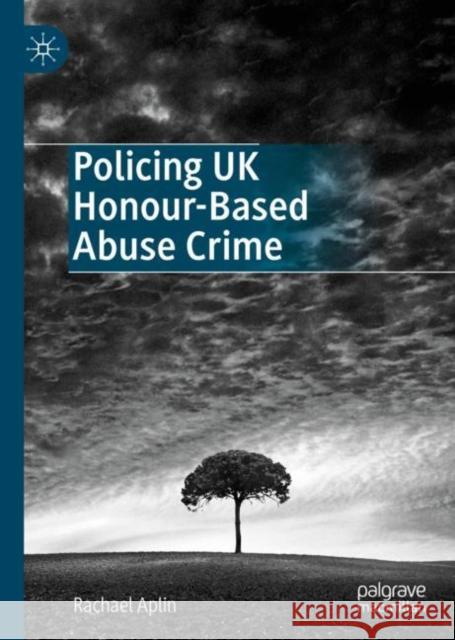Policing UK Honour-Based Abuse Crime » książka
topmenu
Policing UK Honour-Based Abuse Crime
ISBN-13: 9783030184292 / Angielski / Twarda / 2019 / 337 str.
Policing UK Honour-Based Abuse Crime
ISBN-13: 9783030184292 / Angielski / Twarda / 2019 / 337 str.
cena 346,16 zł
(netto: 329,68 VAT: 5%)
Najniższa cena z 30 dni: 344,56 zł
(netto: 329,68 VAT: 5%)
Najniższa cena z 30 dni: 344,56 zł
Termin realizacji zamówienia:
ok. 20 dni roboczych.
ok. 20 dni roboczych.
Darmowa dostawa!
Kategorie:
Kategorie BISAC:
Wydawca:
Palgrave MacMillan
Język:
Angielski
ISBN-13:
9783030184292
Rok wydania:
2019
Wydanie:
2019
Ilość stron:
337
Waga:
0.57 kg
Wymiary:
21.01 x 14.81 x 2.06
Oprawa:
Twarda
Wolumenów:
01
Dodatkowe informacje:
Wydanie ilustrowane











